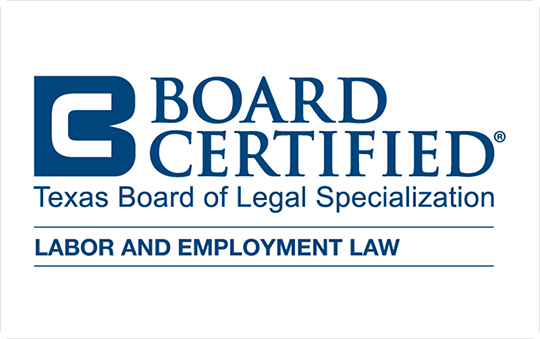Discrimination, Harassment, and Retaliation in and around the workplace are illegal under federal and state law. These illegal conditions cause loss in production and profits and lower workers’ morale. What are illegal workplace discrimination, harassment, and retaliation? A general description follows. For more detailed information about the law and an evaluation of your situation set an appointment with Bud Glavy, a board certified employment lawyer, Glavy Law.
- Discrimination: Discrimination is unfavorable treatment of an applicant or worker, and maybe a contractor, because of the person’s gender, race, national origin, color, religion, age, or disability (protected categories). Discrimination based on a protected category is an illegal consideration or criteria when hiring, firing, setting pay or benefits, promoting, issuing layoffs, training, and determining any other terms or conditions of employment.
- Harassment: Harassment is severe or pervasive conduct causing a hostile or offensive work environment or resulting in an adverse employment decision. Harassment based on a person’s gender, race, national origin, color, religion, age, or disability (protected categories) is prohibited conduct. However, simple teasing, offhand comments, or isolated incidents are not harassment until they become severe or pervasive conduct. Bullying is wrong, but it is only illegal conduct when it is severe or pervasive impacting the work environment and is done because of the victim’s protected category.
- Retaliation: Illegal retaliation occurs when an applicant or worker is punished by the employer because the person complained of or otherwise opposed discrimination or harassment. A person who participates in a complaint process is protected from retaliation under all circumstances. A person who opposes discrimination or harassment is protected if he or she was acting on a reasonable belief that something in the workplace may violate the discrimination or harassment laws, even if he or she did not use legal terminology to describe it.
Employers facing discrimination, harassment, or retaliation complaints must have legitimate non-discriminatory or non-retaliatory reasons for their decisions affecting workers or applicants’ terms or conditions of employment. Employers must have written and widely disseminated anti-discrimination, anti-harassment, and anti-retaliations policies. Employers with legitimate reasons for their decisions and enforced policies have strong defenses against discrimination, harassment, or retaliation complaints.
Workers or applicants who believe they are victims of discrimination, harassment, or retaliation must file a complaint or charge with the Equal Employment Opportunity Commission (EEOC) or the Texas Workforce Commission (TWC) within 180 calendar days from the adverse action. There are exceptions to this time limit and other time limits follow the filing of a complaint or charge. More information regarding time limits and other administrative requirements is available at the EEOC’s website, Filing A Charge of Discrimination | U.S. Equal Employment Opportunity Commission (eeoc.gov), or the TWC’s website, How to Submit an Employment Discrimination Complaint — TWC (texas.gov).
More information, insight, and nuance about these issues is available by contacting Glavy Law and setting an appointment with Bud Glavy, an experienced, board certified in labor and employment law.










